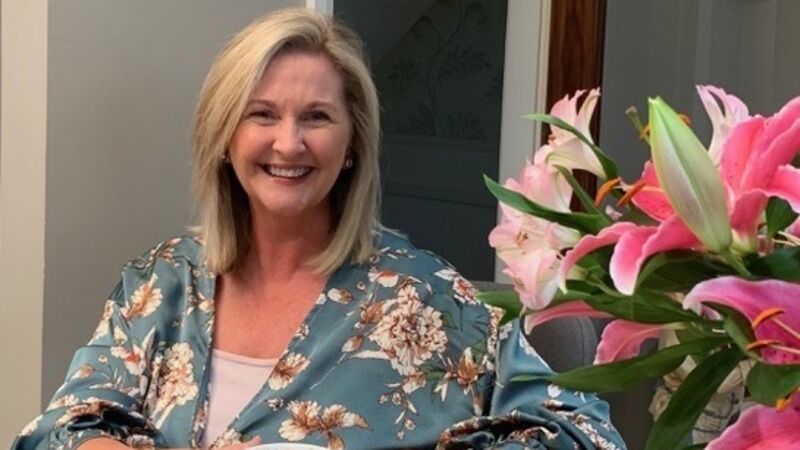How decluttering your home office can reduce stress in your life

Sharon McNulty believes sitting amid constant reminders of stuff needing attention puts a multitasking-type of strain on your brain.
She used a pile of paperwork — laptop lead placed on top — as a barrier to stop the kids getting around the side of the kitchen table that was her work station. With office paraphernalia strewn around the kitchen, the laptop constantly plugged in, she felt her working day never ended.
This mum-of-two is just one among the whole new population of workers pushed by the pandemic to work remotely. “The kids were being home-schooled in the kitchen and they might be arguing at one side of the table while Mum was on a Zoom call,” says Sharon McNulty, professional organiser and founder of Serenity Sparks Joy (https://www.serenitysparksjoy.co.uk/).







